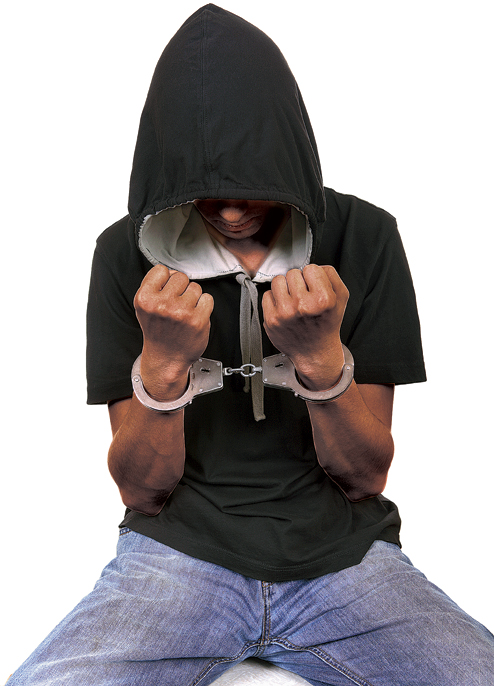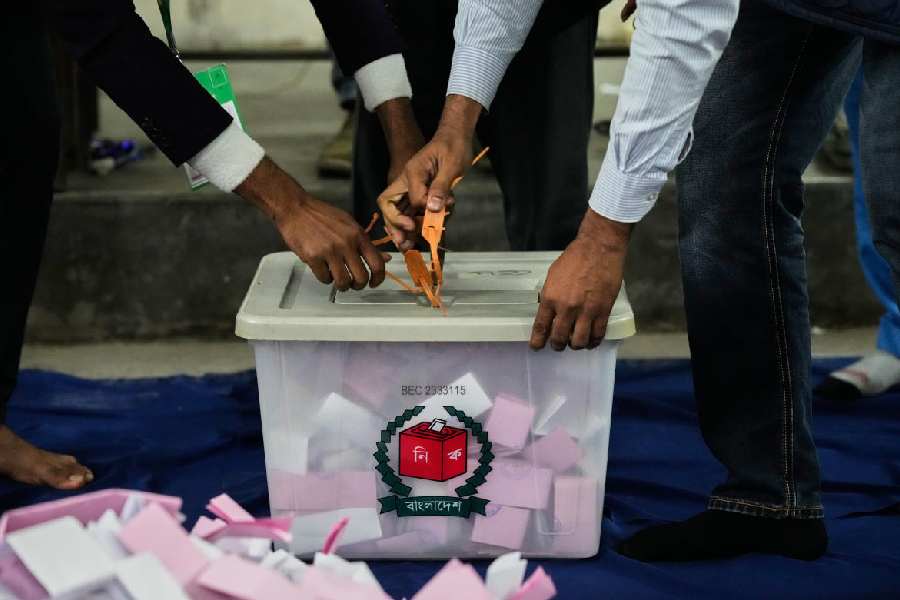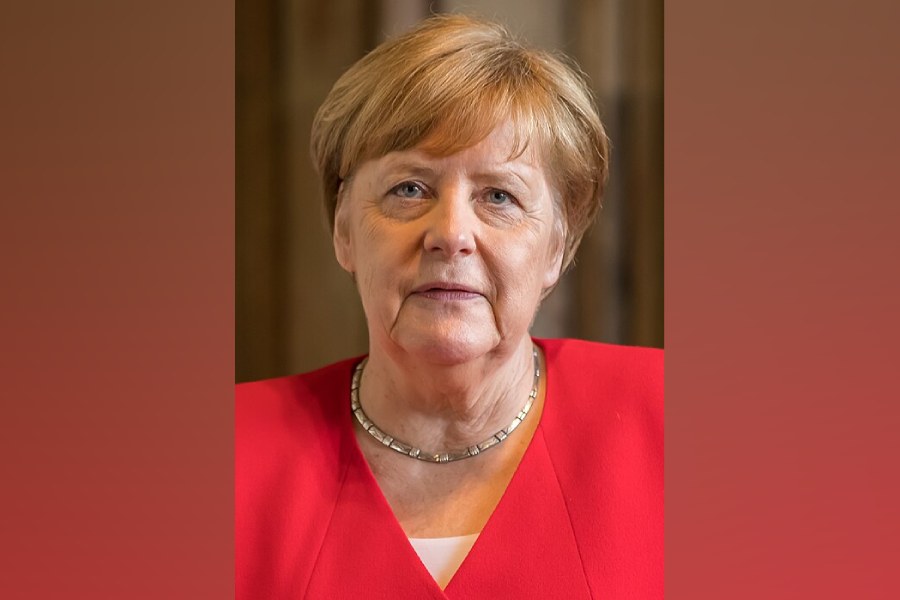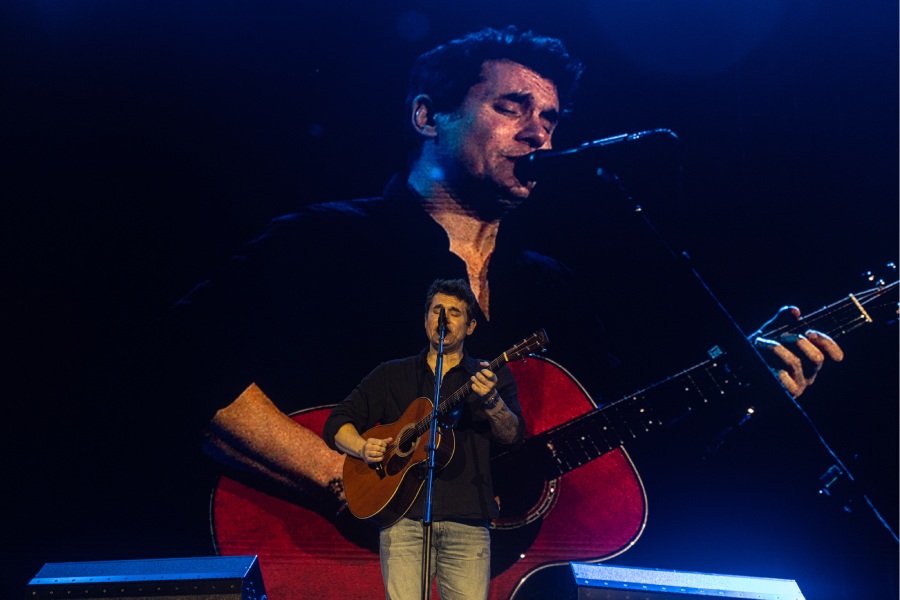His mother thought he was dead. The eldest of six siblings, he had dropped out of school when he was in Class III. His unemployed father, a carpenter, had a brain disorder. So the boy left his village in Badaun for a job in the city. He worked in tiny eateries in Delhi. The owner of a dhaba that he worked in recalls in a newspaper interview that he quit his job one day, saying that he did not want to wash dishes any more. He said he wanted to earn money and lead a respectable life.
In August last year, the boy was convicted for the December 16, 2012, gang rape and murder of a physiotherapist in Delhi. Reports say that he was the most violent in the group of six men who brutally assaulted the 23-year-old woman in a moving bus. One died in jail, four were sentenced to death — but the juvenile, under the law, was given a punishment of three years at a correctional home.
The boy, still lodged at a home, may not know that he has sparked a furious debate in the country. The fact that he escaped the noose because he was a minor has led to widespread calls for amending the law on juvenile crime.
Spearheading this is the women and child development (WCD) ministry, which seeks to change the Juvenile Justice (JJ) Act, 2012, so that those aged between 16 and 18 can be tried in adult courts for crimes such as rape and murder. A draft of the amendment is ready to be tabled in Parliament.
WCD minister Maneka Gandhi believes that if 16-year-old boys accused of premeditated murder and rape are brought under 'the purview of the adult world, then it will scare them'.
Many agree with her, arguing that if an 'adult crime' is committed by a minor, the accused should be tried like an adult. 'If they commit adult crimes, they should know and bear the consequences,' sociologist Dipankar Gupta maintains. 'I feel this new law will make young people more responsible. They should not get away with heinous crimes.'
In many parts of the West, too, an 18-year-old can be tried as an adult. In the US, the definition of a juvenile varies from state to state, but under the law minors can be prosecuted as adults. In the UK, those between 10 and 17 can be arrested and taken to court if they commit a crime but are dealt with by youth courts and sent to special secure centres for young people.
Clearly, at the heart of the debate is the basic question: who is a child, and when does he or she become responsible for his or her actions.
Geetanjali Kumar, an adolescent counsellor in a Delhi school, believes the time has come for changing the definition of a minor. 'Drastic changes take place in the age of 14-17 years because children mature early these days. They reach adolescence between 9 and 11 years, and by the time they are 16 or 17 they are old enough to understand and relate to things around them. It is important that we revisit the age of 18 because maturity has been advanced,' she advocates.
But those who believe that the law should not be tampered with are equally convinced that an 18-year-old should be treated as a minor. This cut-off age, they argue, was decided by experts from across the world.
'The age of a juvenile under the Juvenile Justice Act is decided as per the guidelines of the United Nations Convention on the Rights of the Child which says all human beings under the age of 18 are children,' stresses Shantha Sinha, former chairperson, National Commission for Protection of Child Rights.
Another issue is the background of the children accused or convicted of such crimes. Child experts point out that many of the crimes are committed by children from disadvantaged families. 'Children who may have been ill-treated by people around them or society often tend to commit such crimes,' points out Etishree Bhati, a counsellor in a public school in Delhi. 'They become revengeful, so they want to overpower the weak.'
Take the case of a 17-year-old youth from Bihar who was accused of raping a woman in 2010. When he was a small boy, his father was killed in caste-related violence. His mother was a bonded labourer, his sister was trafficked, and he migrated to Delhi to earn money to pay back loans.
Soon he was addicted to alcohol and drugs. He became part of a gang and ended up raping a woman, says Dr Achal Bhagat, senior consultant psychiatrist, Apollo Hospitals, New Delhi, and chairperson of Sarthak, a non government organisation that deals with the mental health issues of women and children.
The minor who commits such acts has often faced abusive and harsh parenting, points out Dr Jai Ranjan Ram, consultant psychiatrist, Apollo Gleneagles, Calcutta. 'Since they haven't received love and empathy, they don't know what these emotions are. And since they don't have these emotions in them, they can't give them to others.'
It's not that sexual crimes do not occur among the privileged. School counsellors say violent sexual acts by rich boys are not uncommon in the metros.
'Upper middle class children, too, get into such acts. Many such crimes happen at parties that these affluent teenagers attend,' Bhati says. 'But the crimes are hushed up because nobody reports them.'
Take the case of a 16-year-old Barasat boy, who raped a 14-year-old domestic help and showed her pornography. Her parents went to the police, but no complaint was lodged because the boy's father was an influential man.
In another case in central Delhi this June, a 15-year-old boy from an affluent family sexually assaulted a 12-year-old girl, whom he and his family knew. The boy, later produced before the JJ board, was handed over to his parents on bail.
'We treat 'our children' (the rich) and 'their children' (the poor) differently,' fumes Samita Sen, vice-chancellor of the Diamond Harbour Women's University and a member of the women's group, Sachetana.
Gandhi's view that most crimes are committed by juveniles is also being questioned.
According to government figures, juvenile crime constitutes a small fraction of crimes in India. The National Crime Records Bureau's annual report shows that only about 1 per cent of all crimes were committed by juveniles in the last four years. In 2013, 845 juveniles were apprehended for murder and 1,388 for rape — 2.54 per cent and 4.1 per cent of the total number of murders and rapes last year. The number of children in the 16-18 age group booked for violent crimes in 2012 was 6,747 — up by 1.6 per cent in 2013.
'Maneka Gandhi's reading of crime data is also incorrect because many cases of 'rape' in the 16-18 age group may in fact be cases of consensual relationships between young couples,' points out Malini Bhattacharya, president, All India Democratic Women's Association.
Bhagat strongly opposes moves to put a child in an adult judicial system. 'Murder and rape are non-bailable offences. This would force the accused child to be in jail custody along with criminals till the trial is over. By the time his innocence is proved, he would have already become a hardened criminal.'
Many stress that if the young are being drawn to violent crimes, the State has to step in to see why this is happening. The focus, the activists believe, should be on reforming young offenders. 'They are more amenable to change than adults. And that's why when a structured juvenile justice reform system works with the child, he is brought back to the mainstream and a repeat offence doesn't take place,' Bhagat holds.
Sinha agrees, pointing out that the onus is on the government to reform and protect children. 'It is our job to prevent them from committing crime,' she says.
But that's easier said than done. Experts hold that juvenile homes actually work against rehabilitation. In many such homes, the minors are sexually abused — sometimes by older inmates, and often by members of the administration. Crime is rife, and few attempts are made to educate or train the children.
'Our correction homes are the biggest den for all such crimes,' Dr Ram maintains. 'There is abysmal abuse in juvenile homes. In most cases, government officials know about it but there is no check.'
In Western countries, he adds, an organised social welfare system works for juveniles. 'They put emphasis on care, humanity and protection but we don't do that. We invest no time on reform but we bay for blood.'
The boy from Badaun may have escaped jail — a sentence that devastated the murdered physiotherapist's already broken family. But what does the future hold for him? It is unlikely that he is ever going to lead the respectable life he came to Delhi in search of.












